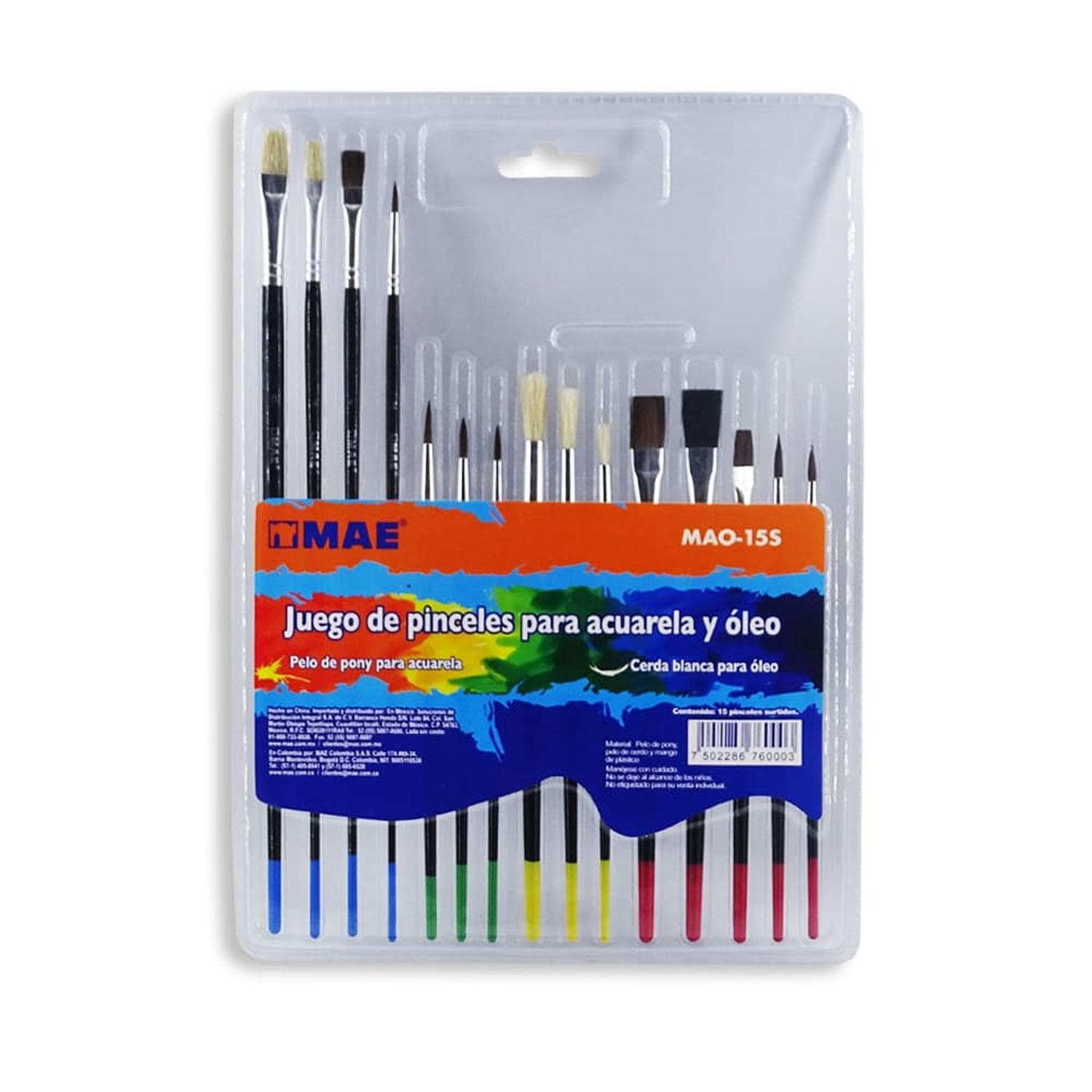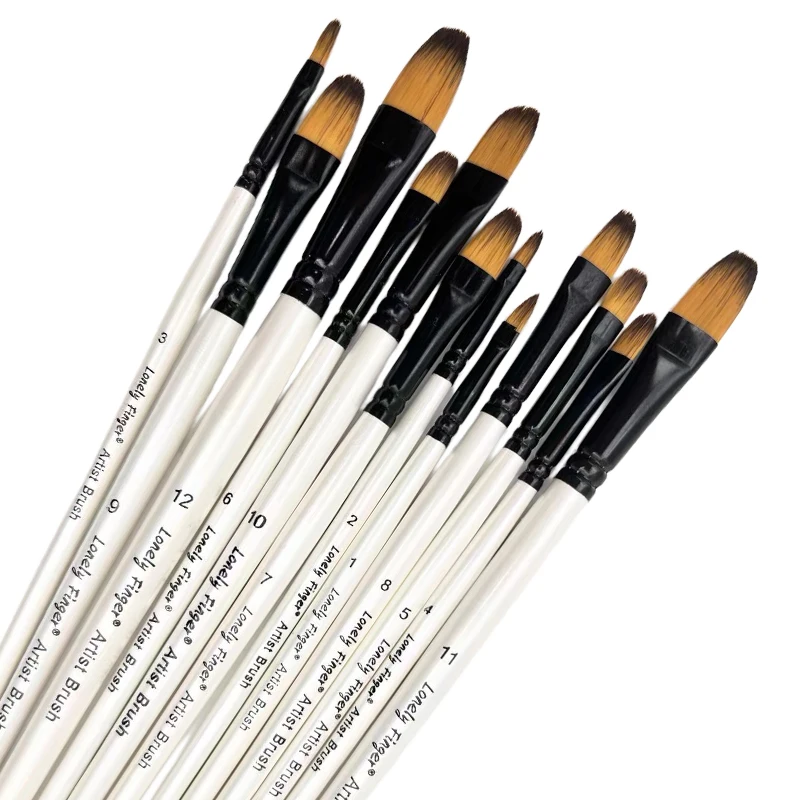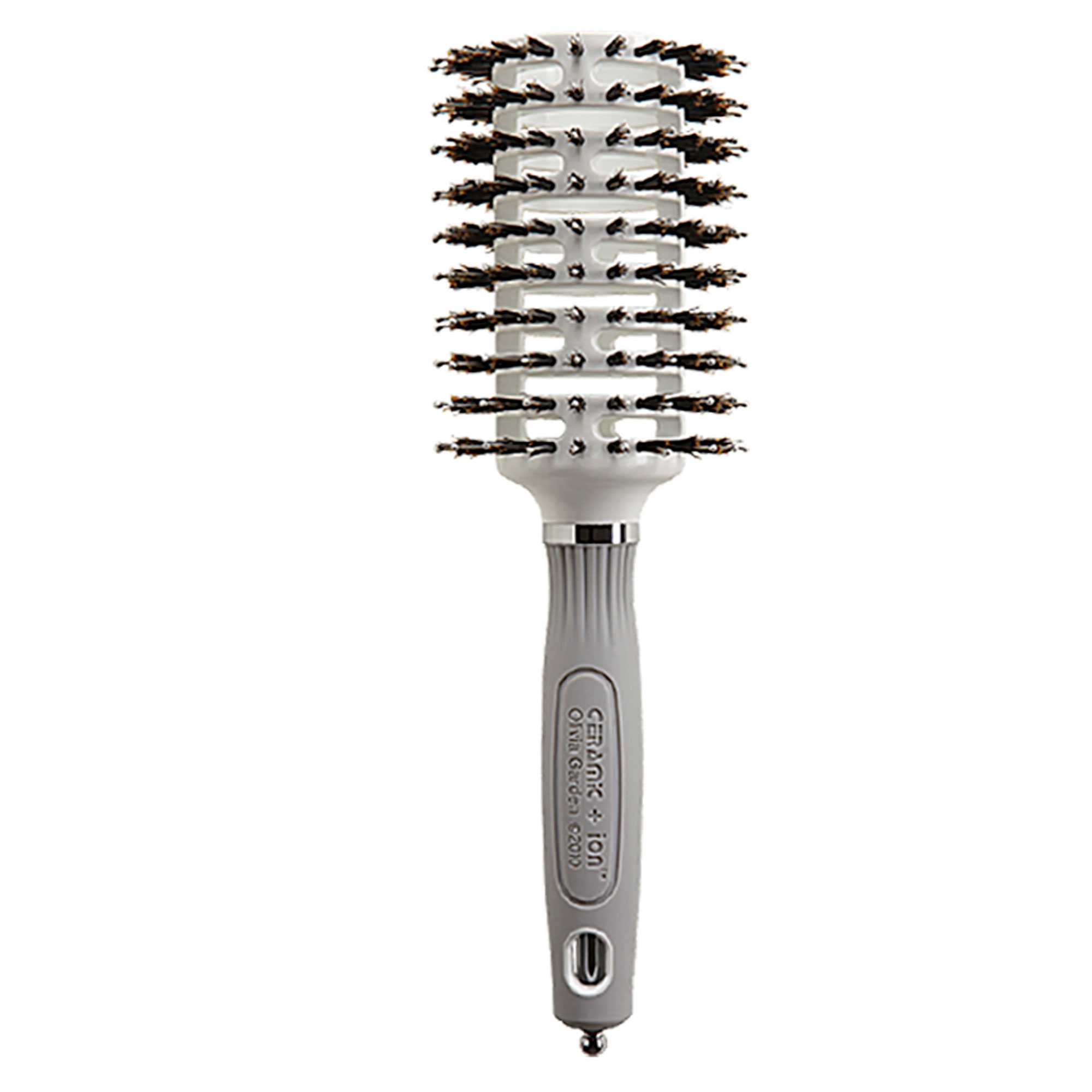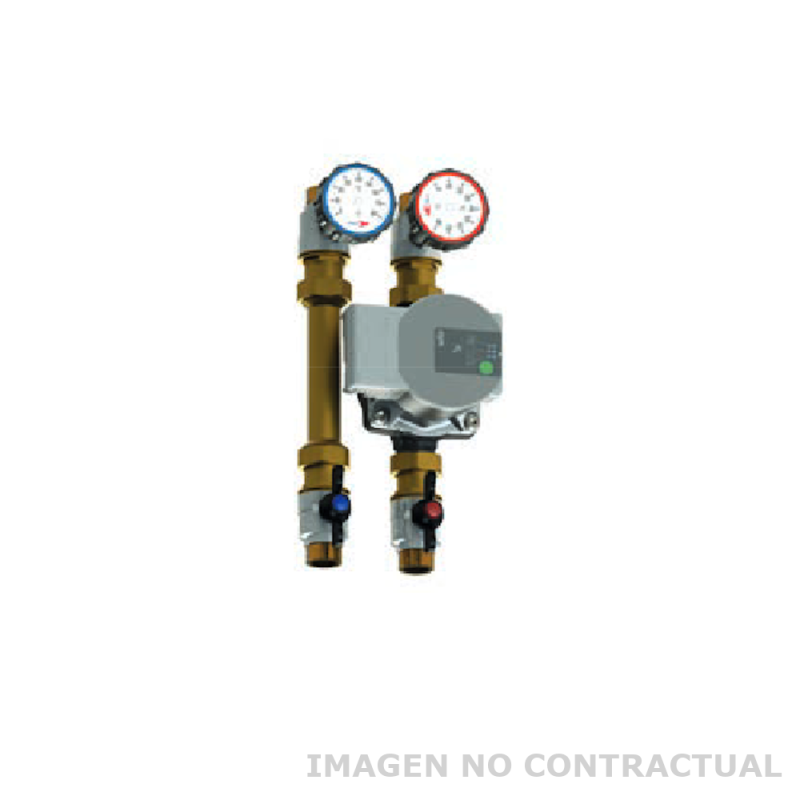Juego De Pinceles Sintéticos Rodart Policraft Transparente 4 Piezas

Pasa por encima el cursor para ver más detalle
3 €
Características
El empaquetado debe ser el mismo que se encontraría en una tienda, a menos que el artículo haya sido empaquetado por el fabricante con material no destinado a su venta en tienda (por ejemplo una bolsa o caja sin etiquetas). Thomas Sabo Juego De Pinceles Sintéticos Rodart Policraft Transparente 4 Piezas Pinceles Arte Acrílico Color Starter Juego de pinceles de acuarela 9 pinceles profesionales de... Pinceles para principiantes: Comienza con unos pinceles básicos sintéticos, redondos y planos. Un juego de tres pinceles cubrirá la mayoría de tus necesidades: uno plano para aguadas, uno redondo mediano para pintura general y uno pequeño para detalles Synthetic sable brushes - México Nuevo: Un artículo nuevo, sin usar, sin abrir, sin desperfectos y en el paquete original (en caso de venir empaquetado).
Productos patrocinados
Productos recomendados
Opiniones de los usuarios Ver todas las opiniones
Aviso sobre nuestra
información de producto

























